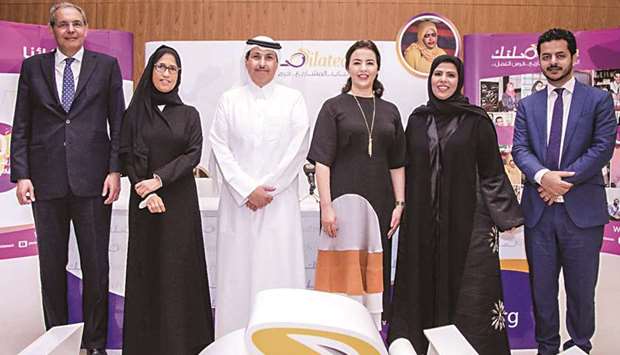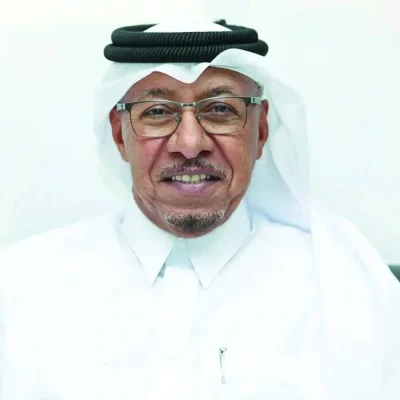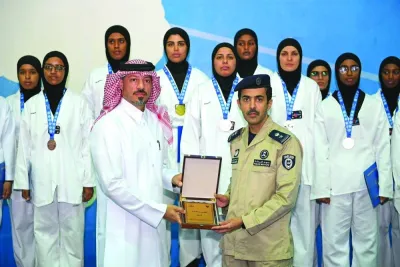Qatar-based NGO Silatech signed yesterday three strategic agreements
with international and national partners to economically empower youth
in Sudan, Morocco and Somalia, and create job opportunities in their
communities.
The first is with United Nations Women (UN Women) to build the capacity
of women in the Red Sea State and Khartoum State of Sudan.
The second agreement is with Al Amana Microfinance in Morocco to expand
its outreach to young people and facilitate access to funding
opportunities.
The third is with a group of aspiring youth — founders of Horn Progress
Initiative — to train young men and women in Somalia on sustainable
agricultural practices.
The project in Sudan will economically empower more than 1,000
beneficiaries of urban, peri-urban and rural women and girls in the most
vulnerable situations including with disabilities, survivors of
gender-based violence, living in refugee and IDP camps in the Red Sea
State and Khartoum State of Sudan.
Darren Peters, Operations Manager at UN Women – Sudan Country Office
said: “The partnership between Silatech and UN Women will create project
interventions where the capacity of women enhanced to create
co-operatives and unions along identified value chains. It will improve
access to and the use of new technology and services by women to gain
acceptance by the communities, and also improve women’s access to
markets and financial services.”
“The project will contribute to sustainable development, economic
transformation, women’s economic empowerment and improved livelihoods in
Sudan through women’s effective contribution to employment, job
creation and income generation.”
Silatech’s agreement with Al Amana Microfinance will create 684,000 jobs for Moroccan youth.
Al Amana chairman Ahmed al-Ghazali said his organisation seeks to be an
active player in economic and social development through its financial
integration tools that help young people enter the microfinance market.
Silatech’s partnership in Somalia aims to train as many as 7,500 youth
on sustainable agricultural practices and technologies in order to
reduce reliance on rain-fed agriculture.
The initiative is expected to create 15,000 jobs for youth in the
agriculture including returnees from refugee camps in the neighbouring
countries.
Silatech CEO Sabah al-Haidoos said: “In 2017, Silatech has sought to
activate the youth agenda at a global level through international
memberships, co-operation with governments and non-governmental
organisations and the expansion of its regional and international
network of partners. Silatech has also designed its 2018 operational
plan towards the sustainability of the organisation and its
youth-oriented programmes.
“The organisation will continue to launch innovative initiatives that
empower youth to advance their communities in line with sustainable
development goals, and the strategies of their respective governments.
All this will play a vital role in achieving our founder’s vision of “an
Arab world in which young people are able to work, and are engaged in
the economic development of their societies”.
Established in 2008, Silatech works on connecting Arab youth wherever
they are to jobs, and enable resources for them to establish and sustain
successful income-generating enterprises.
By 2017, Silatech has succeeded in creating or sustaining more than
650,522 job opportunities for Arab youth, and has signed commitments to
create 2mn jobs by 2020.
Silatech currently has programmes in 17 Arab and non-Arab countries.

Officials during an agreement signing by Silatech yesterday.


